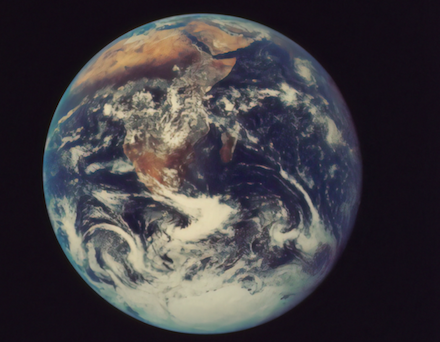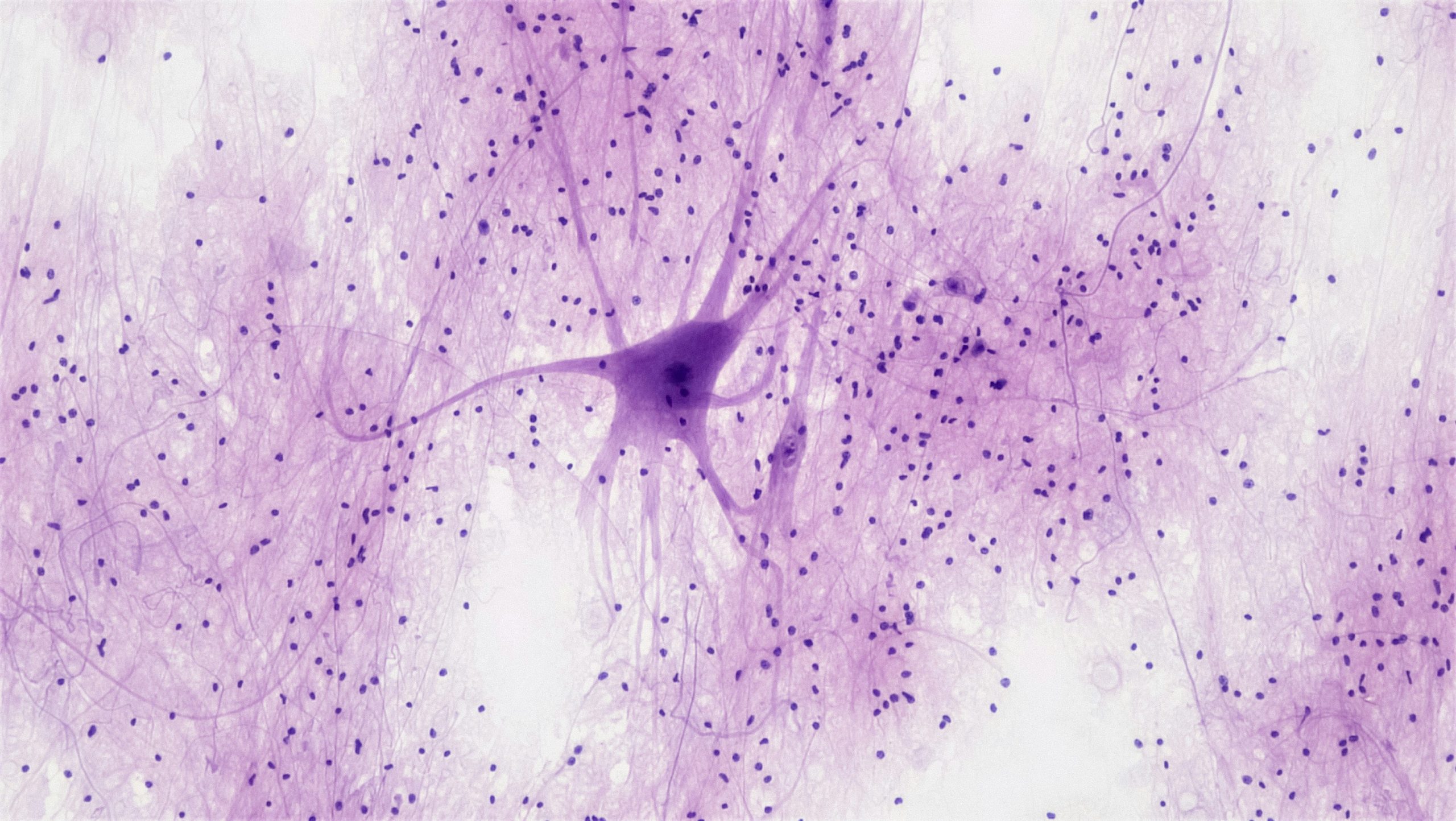Runner-up of the Hilary Term 2020 Schools’ Writing Competition
Ayeza Akhtar, Year 12, Greater Manchester
“Climate change will be irreversible by 2030” – UN. That gives us a mere 10 years to fix the mess we have been gradually creating over the 200,000 years us humans have been around. As bleak as that may sound, it gets even worse. Not only do we have a devastating environmental crisis, we have political conflicts, wars, disease, poverty, and more to top it off. In times of desperation, often we are forced to leave the place of problem. A new city, perhaps even a new country. However, in this global problem, with nowhere else to turn, our last resort would be to relocate to another planet. A dream it would be to pack up all our bags and move to another planet. Merely science fiction. Or is it? With rapidly advancing technology, the chance of humans living on Mars is becoming very likely. So this brings us to a great question: Should we focus on fixing our planet, or move to a new one?
All of the problems we face share one common denominator. Humans. In other words, humans are at the root of all these problems, being the sole cause of many. The most recent, and, without a doubt, the most significant example is climate change. Our daily activities have contributed so drastically to this phenomenon, in so many ways. What we consume, what we wear, what we do with our lives have all contributed to this change and there is no denying it.
Unfortunately, not only are we at the core of this problem, we are also the barricade blocking our progression in dealing with it. Disregarding the decades of scientific research, pure evidence that shows that climate change, indeed, does exist, climate deniers stride on, obstructing our path to reshaping this idea of climate change being a political issue, when it is a global crisis. So, to me, fixing the planet, consists of ‘fixing’ the people living on it. Without working together, nothing will be achieved. We will not be able to fix our planet, nor will we be able to change our actions if we move to another one.
Moving to a new planet could seem as our one-way ticket to getting out of the mess that we have put ourselves in, escaping the challenges that seem impossible to solve, and taking our expertise elsewhere. From there, we could start from scratch, putting emphasis on not repeating our past mistakes which have led us to where we are now. However, as the saying goes, “Those who cannot remember the past are condemned to repeat it.” It is inevitable that not every hurdle will be dodged. In the worst case, we could move to another planet in hopes of starting new, better lives, but the same problems could occur again, and once the problems evolve into something too difficult to solve, another planet it is. How many planets could we continue to colonise and destroy, for our own benefit?
Realistically, relocating a whole population, 7.8 billion people to be exact, would not be possible. It is likely that only the richest would be able to move, spending billions to, essentially, run away from their problems. This leaves the rest of us behind, left without the resources to create a better future for ourselves nor to follow the wealthy. How ethical would it be to leave behind the poor due to their circumstances? Moreover, the earth holds a staggering 8.7 million different species, most of which could survive without humans, but not in the state of the world that we would leave behind.
To conclude, I believe that we should focus on fixing this planet of ours. The damage has been done, and unfortunately, much of it is irreversible. However, we can learn from our past mistakes. Education is the key to success to ensure that we do things right this time. The youth of today is fighting hard so that our future selves and generations get to enjoy the same beauty of the Earth that our ancestors once did. We have destroyed the Earth, but we will be the ones to rejuvenate it to give it, and ourselves a second chance at life.





